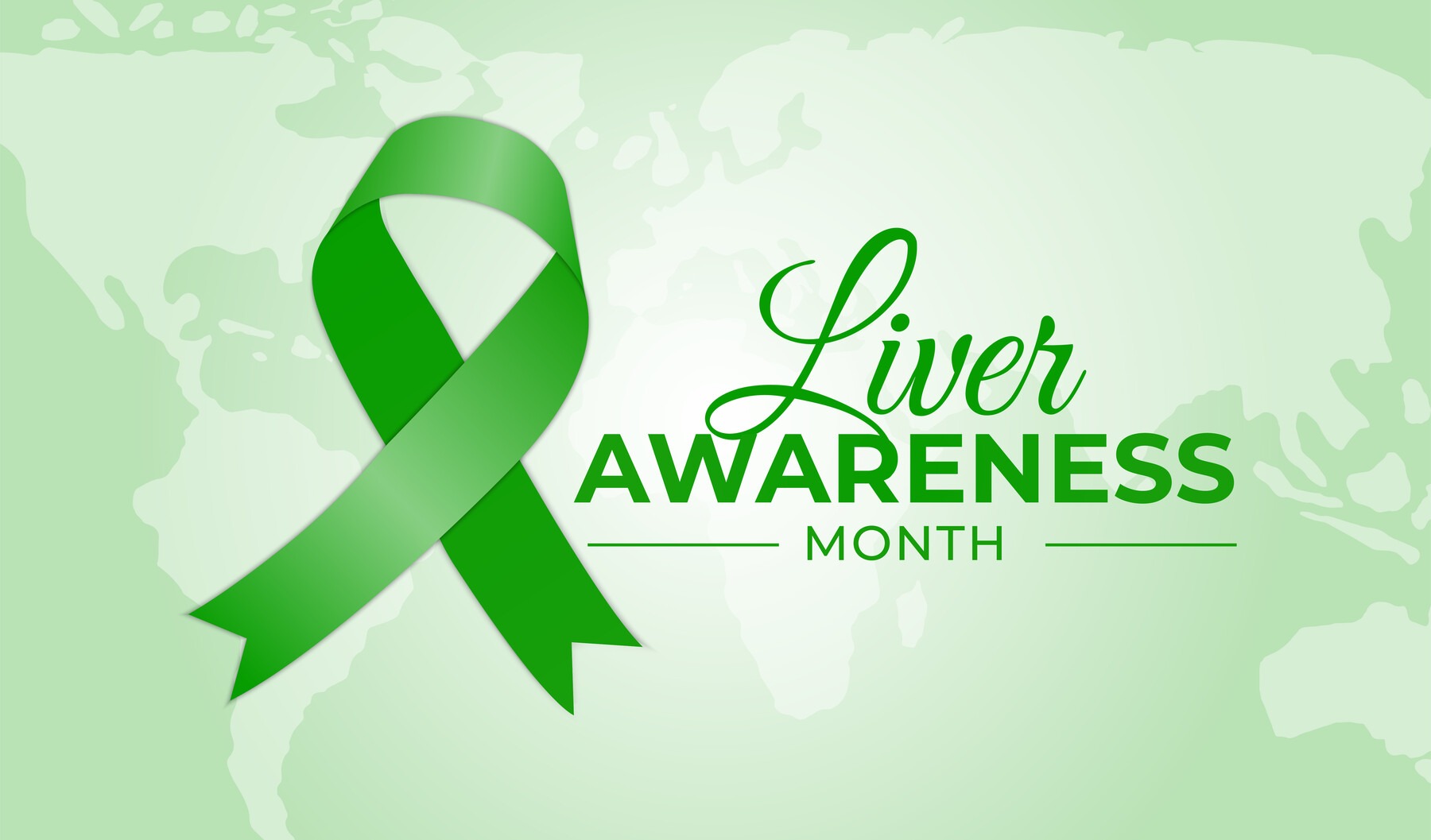Live Well, With a Healthy Liver
Tucked under your right ribcage, on top of your stomach, is your largest internal organ–the liver. It’s one of your hardest-working, but least understood organs. According to Johns Hopkins Medicine, more than 500 body functions are identified with the liver. The most critical of those include regulating chemical levels in the blood; producing bile, to help carry away waste and breaks down fats in the small intestine; making immune factors; and removing bacteria from the bloodstream to resist infections.
Even when damaged, the liver continues to function, so people with liver disease are usually unaware of a problem. That’s noteworthy, because liver cancer rates have tripled in the United States over the last 30 years. Bluntly speaking, “some 30,230 people are expected to die of primary adult liver cancer in 2021. The five-year survival rate is just 20.3 percent” (American Association for Cancer Research). While survival rates for most other common cancers have improved significantly during those decades, liver cancer deaths have doubled.
October is National Liver Awareness month; knowing what harms your liver could ultimately save your life.
The American Liver Foundation stresses that early detection of liver disease is critical, because if you are treated successfully in early stages, your liver has a chance to recover. The liver is capable of repairing and even regenerating itself.
The Progression of Liver Disease
Liver disease progresses in stages:
Inflammation (hepatitis) (Stage 0 -1)
Inflammation of the liver occurs when the liver detects something dangerous in the body. Causes can be viral hepatitis (types A, B, or C), indulging in too much alcohol or fatty foods, or having an immune system that triggers a continual inflammatory response in the liver. About 4.5 million people in the United States are living with Hepatitis B or C, and most don’t even know. An estimated 20-30 percent of American adults live with excessive fat in the liver.
If the liver is inflamed, its repair mechanism is to deposit collagen that stiffens around inflamed liver tissue, allowing it to heal.
Fibrosis (stage 1 -3)
If the underlying cause of inflammation remains, the liver will repeatedly try to repair itself and continually release collagen. Excess collagen kills healthy liver cells, and becomes scar tissue. This is fibrosis of the liver; it progresses from mild, to moderate, to severe stages.
Even if your liver has some scar tissue, treatments may allow it to repair, or regenerate itself.
But at some point, fibrosis will lead to severe scarring, called cirrhosis.
Cirrhosis (stage 4)
Cirrhosis means the liver is permanently damaged. It shrinks and becomes hard, which makes it difficult for the liver to process the large amounts of blood it handles. This leads to problems with blood flow and fluid retention, and inability to clear impurities that affect the kidneys, brain, and other organs.
Although commonly associated with alcohol-induced liver disease, cirrhosis is caused by many forms of liver disease. There’s no treatment to cure it, although preventing further damage may help avoid liver failure.
As cirrhosis advances, the liver will begin to fail. Most people who develop liver cancer already have cirrhosis.
What Can You Do for Your Liver?
Learn what can harm your liver, even if you think your liver is healthy.
- Be proactive; even end-stage liver disease may not present symptoms.
- Ask your doctor if you should be tested for or vaccinated against Hepatitis A, B, or C.
- Inform your doctor about any hereditary liver diseases in your family.
- Discuss all the medications you take, or that may be prescribed, with your healthcare providers.
- Honestly assess your overall health and lifestyle. Do you have type-2 diabetes, high cholesterol, or obesity? The incidence of non-alcoholic fatty liver disease (NAFLD) is growing rapidly, even among children. Currently, six million American children suffer from it. NAFLD is the leading cause of chronic liver disease in children and adults in the United States.
- Appreciate this hardworking organ for all it does to keep you healthy.
The information in the above article is not intended nor implied to be a substitute for professional medical advice, diagnosis, or treatment. Always seek the advice of your physician or other qualified health provider with any questions you may have regarding a medical condition.
